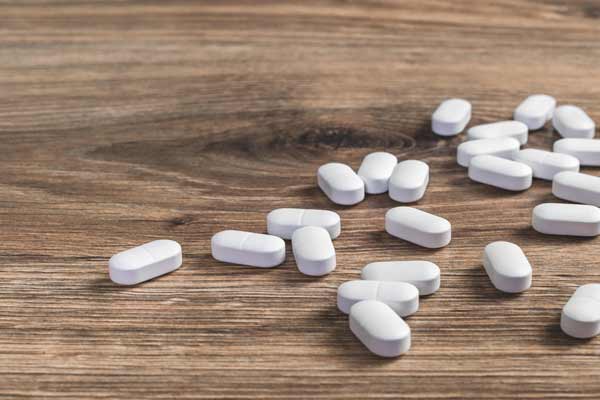Klonopin belongs to a class of drugs known as benzodiazepines. It is also known as Clonazepam. It is a depressant medication that helps to reduce activity in the mind and the body. It works on the body by blocking certain receptors in the brain and targets chemical imbalances. It is prescribed to help treat things like panic disorders and symptoms of seizures.
Klonopin and Anxiety Disorders
Millions of people suffer from anxiety and seizure disorders. For those people, a benzodiazepine like Klonopin can effectively help them. Unfortunately, Klonopin comes with a high likelihood of abuse and addiction. When a person takes Klonopin in higher doses, it will greatly depress the central nervous system. This will cause a euphoric high that those with substance abuse disorders will continue to chase. Following this high is a very intoxicated state. This usually includes extreme drowsiness, over the relaxed body, and slurred speech. Klonopin is fast-acting and generally starts working within an hour and will then last anywhere from 8-10 hours.
Getting Addicted to Klonopin
Klonopin is only meant to be taken for a short period because, even after a matter of weeks, a person can develop a physical dependence. When someone becomes physically dependent on Klonopin, they will experience withdrawal symptoms if they stop taking it all of a sudden or if they lower the dose. Withdrawal symptoms can happen even if a person is not addicted to this drug.
Dealing With Klonopin Detox Symptoms
The withdrawal symptoms from Klonopin can last for days or even weeks. In some extreme cases, it can last even longer. Withdrawal symptoms can begin just hours after the drug leaves your system. Several factors go into what the withdrawal symptoms will look like for a person including the person dependency on the drug, the timeframe they used it, how the drug was used, how much they were taking, whether other drugs were abused at the same time and the person’s psychological state at the time. Withdrawal symptoms may include:
- Anxiety
- Insomnia
- Tremors
- Sweating
- Muscle aches
- Difficulty concentrating
- Irritability
- Nausea and vomiting
- Headaches
- Constipation
- Hallucinations
- Panic attacks
- Seizures
Klonopin tends to have a lengthy withdrawal process and can be divided into two different stages; acute withdrawal and post-acute withdrawal. For most people, acute withdrawal symptoms will normally peak between 1-2 weeks after the last dose has been taken. During this time they will experience most of the common withdrawal side effects previously mentioned and will gradually fade away. After that, many users experience what it called Post-Acute Withdrawal Symptoms, or PAWS. This will include symptoms such as anxiety, depression, and mood swings. This stage can last anywhere from 12 to 18 months before they begin to fade away.
Medical Detox from Klonopin at Evoke Wellness at Cohasset
Medical detox is crucial to fully recover from Klonopin addiction. The discomfort and pain most people experience during the detox process can be moderated with medical care and assistance. Medical detox also provides a safe and supportive environment for anyone who is recovering from an addiction to Klonopin. It also allows for an easier transition into rehabilitation, which is recommended for those with a Klonopin addiction. Once you have detoxed, the best and safest option to get off of and stay off Klonopin is by the use of one of the many treatment programs we offer at Evoke Wellness at Cohasset. We offer many different treatment programs that provide therapeutic education and guidance for each individual to help them safely reintegrate into society. With the help of our team of therapists, we offer one on one, group therapy, as well as many other specialized options to fit each person’s needs. Benzodiazepines, like Klonopin, require a multi-layered approach for maximum success. We want to make sure you have the tools you need to avoid relapse in the real world.




